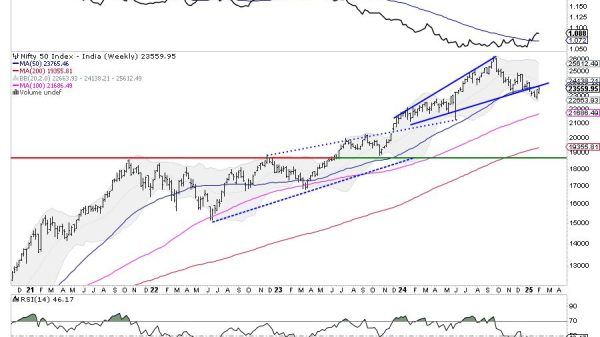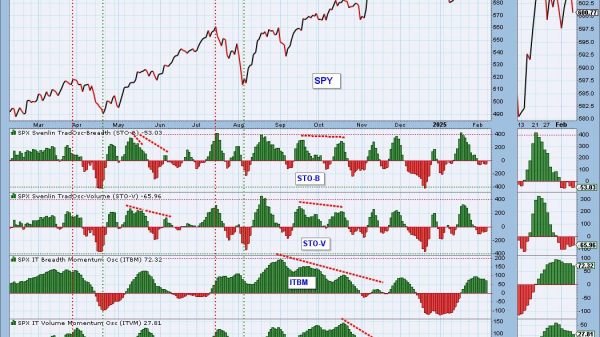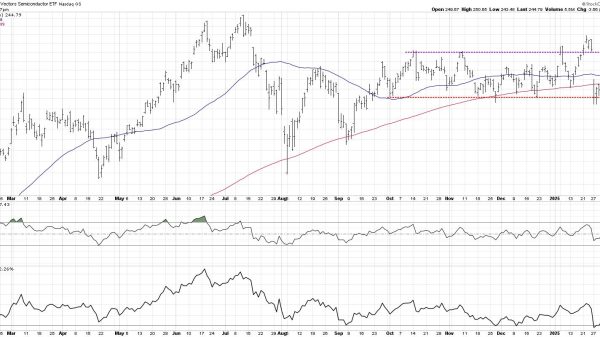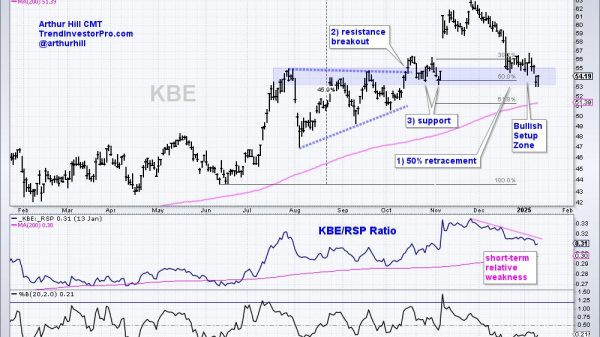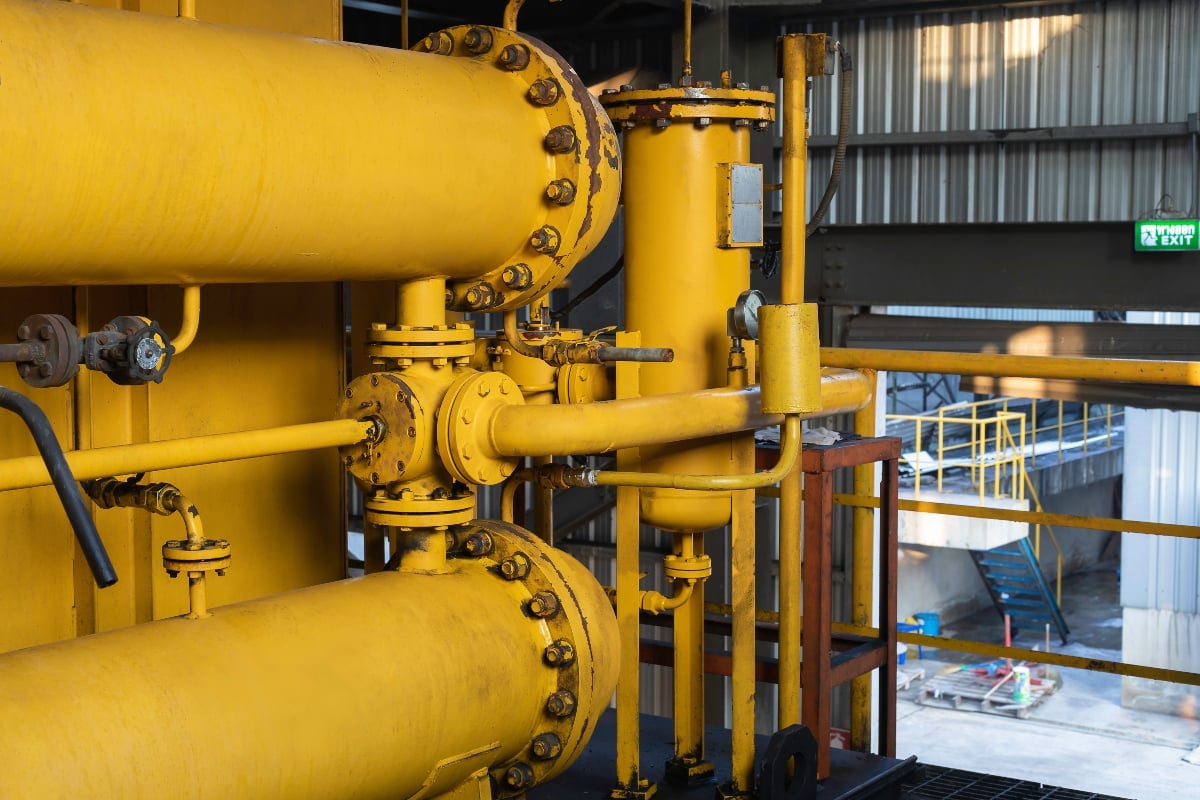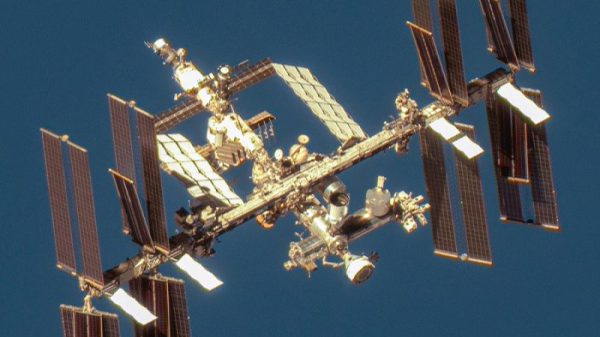Signs of Ukraine Counter-Offensive in Commodities
The recent developments in Ukraine, including the preparations for a Ukraine counter-offensive to potentially retake Crimea. This has sent shockwaves through the geopolitical landscape as the nation prepares to counterattack and potentially retake Crimea. This move and targeted actions against supply lines mark a significant turning point that will reshape regional commodity flows. And this has sparked widespread interest in Ukraine army news.
This article delves into three key factors behind this transformative shift. The impact of previous escalations on Black Sea ports and the Ukrainian power grid, the vulnerability of critical water supplies following the Kakhovka attack, and the potential repercussions for global commodity markets.
Previous Escalations: A Blow to Black Sea Ports and the Ukrainian Power Grid
During previous escalations, Ukraine experienced severe disruptions to its Black Sea ports, which serve as crucial gateways for commodity exports. These disruptions led to reevaluating supply chain strategies, with businesses seeking alternative routes to ensure uninterrupted flows of goods. As a result, we can expect a permanent shift in commodity flows away from Black Sea ports. Moreover, there will be a shift with regional players exploring alternative routes and diversifying their supply chains.
Kakhovka Attack Threatens Water Supplies for Cooling and Irrigation
The recent attack on the Kakhovka reservoir, which provides water for cooling and irrigation, has further intensified Ukraine’s counter-attack strategy. Water scarcity severely threatens the agricultural sector, impacting crop yields and potentially disrupting commodity supplies. To safeguard its agricultural production and ensure a stable flow of commodities, Ukraine is a nation with a significant focus on Ukraine farming. Also, it must secure vital water sources, such as the Kakhovka reservoir, during its counter-attack. By doing so, the country can mitigate potential disruptions in commodity flows and maintain its position as a major exporter of agricultural goods.
Long-Term Consequences on Commodity Flows
Ukraine’s counter-attack and efforts to retake Crimea have significant long-term implications for commodity flows in the region. The outcome of these actions will determine the access and control over critical trade routes, Black Sea ports, and energy infrastructure. If Ukraine is unsuccessful in regaining control, it may face challenges in retaining its position as a major transit hub for commodities. However, this potentially leads to Ukraine losing its current influence in regional and global trade dynamics.
In conclusion, Ukraine’s counter-offensive and the accompanying disruptions to commodity flow mark a significant turning point in regional and global trade dynamics. The vulnerabilities exposed by previous escalations, the threats to critical water supplies, and the potential ramifications for global commodity markets. These activities underline the need for businesses to adopt a proactive and adaptable approach to their supply chain strategies.
As Ukraine continues its efforts to regain control and reshape the geopolitical landscape, stakeholders must closely monitor these developments and seize emerging opportunities. It is important to consider various facts about Ukraine, including its rich history, diverse culture, and strategic geopolitical position. Understanding these facts can provide deeper insights into the country’s current situation and the potential impact on commodity flows.
The post Signs of Ukraine Counter-Offensive in Commodities appeared first on FinanceBrokerage.






